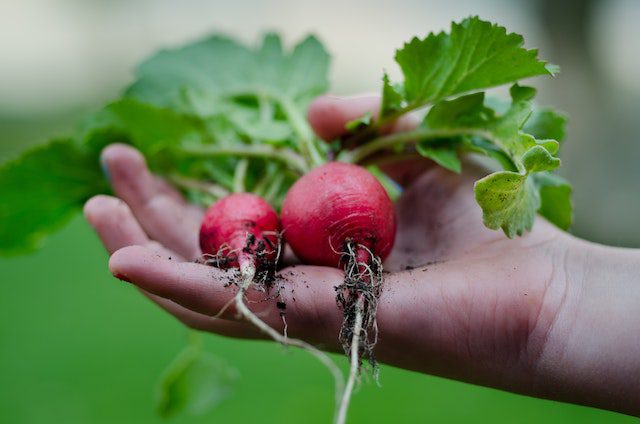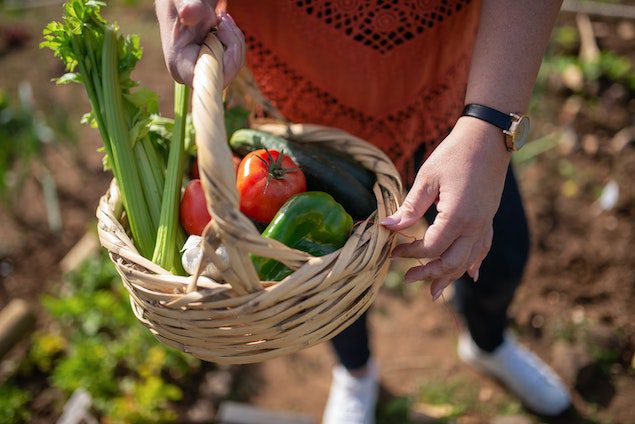There are a few things to consider when growing food in the spring for general survival in the United States. First, you must know your gardening zone to choose seeds that thrive in your specific climate. The United States Department of Agriculture (USDA) has divided the country into 13 gardening zones based on temperature and environment.
Some of the best seeds to grow in the spring for survival include leafy greens such as lettuce, spinach, and kale. These are easy to grow and can provide a good source of nutrition. Root vegetables like carrots, radishes, and beets are also great options as they are hardy and can be stored for long periods. Additionally, tomatoes, peppers, and cucumbers are relatively easy to grow and provide a good source of vitamins and nutrients.
For those interested in food prepping, consider seeds that are heirloom or non-GMO, as these will allow you to save seeds for future plantings.
Here are a few seeds everyone should grow in their garden this spring if the climate is suitable:
Garden Peas
Garden peas are easy to grow and don’t require much space, making them ideal for small gardens. Peas are also a good source of protein and vitamins. Plus, it can be eaten fresh or dried. Garden peas are a versatile ingredient used in many different dishes. Pea soup is a classic, but peas can also be added to salads, pasta dishes, or rice. They can also be used as a garnish or eaten as a snack.
Radishes
Radishes are an excellent source of nutrition and can be grown relatively quickly. They are a great source of Vitamins A and C, potassium, and calcium. They can be grown in most climates but prefer cooler weather. Plant radishes in the spring, as they are a cool-weather crop. Sow radishes thinly, as they need room to grow. Depending on the specific type, radishes can be harvested anywhere from 22-70 days after you plant them. The radish roots can be eaten raw or cooked, and the leaves can be eaten as greens.

Mustard greens
Mustard greens are a type of leafy green vegetable that belongs to the Brassica family. This group of vegetables also includes broccoli, Brussels sprouts, and cabbage. Mustard greens have a peppery flavor and can be used in various dishes.
In the spring, mustard greens are among the best seeds/foods to grow for general survival. This is because mustard greens are packed with nutrients and are easy to grow. Mustard greens are a good source of vitamins A, C, and K. They are also a good source of fiber and minerals such as calcium, iron, and magnesium.
Mustard greens can be harvested when they are 6-8 inches tall. The leaves can be eaten raw or cooked. Mustard greens are commonly used in stir-fries, soups, and salads. They can also be steamed, sauteed, or boiled.
Mustard greens are a great option if you are looking for a nutrient-packed leafy green vegetable to grow in the spring. They are easy to grow and can be used in various dishes.
Cauliflower
Cauliflower is a cool-season vegetable that can be grown in the spring. It is a brassica family member, including broccoli, cabbage, and Brussels sprouts. Cauliflower is a low-maintenance crop that does not require a lot of fertilizer or pest control. The key to growing healthy cauliflower is regularly watering it and moistening the soil. Cauliflower is best grown in the spring but can withstand growth in the fall.

Conclusion
The best seeds to grow in the spring for general survival are high in nutrients and easy to grow. Some examples of these include spinach, kale, and carrots. These crops can provide the body with many necessary vitamins and minerals and are relatively easy to maintain. Plus, these foods can be stored for long periods, making them ideal for emergencies.
Emergency Food Stockpiling
We understand that gardening is not an easy undertaking for a green thumb, but with practice and patience, you can do it! While you sow and grow your garden, you can still take care to stock up on emergency food like dry and canned goods or rations by SOS Food Lab. Our bars and rations are perfect for your go kits because they have a long shelf-life of 5 years.
